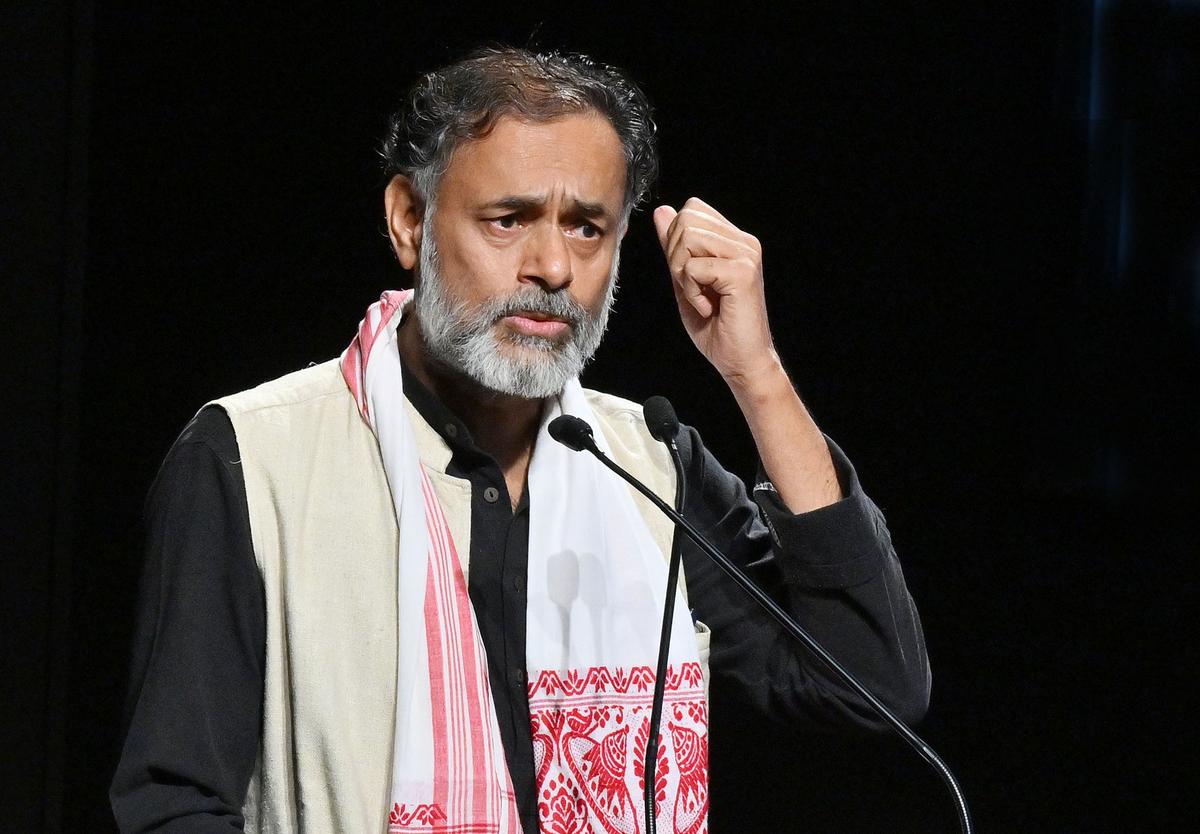Yogendra Yadav’s First Big Win: “First Big Victory”
The Supreme Court of India recently intervened in the Bihar voter list revision case, drawing national attention. Activist and political analyst Yogendra Yadav hailed the court’s action as a “first big victory” for democracy. The case raised serious concerns over voter exclusion, particularly among marginalized communities, just months before the Bihar Assembly elections 2025. The Court’s timely response now mandates greater transparency, document flexibility, and oversight, ensuring that voter rights are protected.
Supreme Court Flags Electoral Irregularities
The Election Commission of India (ECI) launched a Special Intensive Revision (SIR) of the Bihar voter list in June 2025. The revision aimed to address voter migration, demographic shifts, and illegal entries. However, civil society groups and Yadav warned that the exercise risked disenfranchising thousands of genuine voters due to strict document requirements and poor outreach in rural areas. The lack of a transparent process sparked petitions from activists and opposition leaders.

Court Demands Fair Process and Valid Documents
The Supreme Court directed the ECI to allow Aadhaar cards, voter IDs, and also ration cards as valid proof for voter verification. Moreover, it also asked the Commission to implement an appeals process for voters who were excluded during the revision. Importantly, the Court will also continue to monitor the process, adding legal accountability to what was widely seen as an unjustified voter list cleanup. This move protects electoral integrity and promotes equal voting access for all Bihar citizens.
Why Did Yogendra Yadav Call This a Victory?
Yogendra Yadav believes the Supreme Court ruling strengthens democracy by checking arbitrary decisions of the Election Commission. In addition, His petition aimed to stop the exclusion of vulnerable communities, such as migrant laborers, women, and the urban poor. By forcing the ECI to accept broader ID proofs and allow appeals, the Court addressed his core demands without halting the entire process.
How Does This Affect Bihar Voters?
For the people of Bihar, especially in rural and low-income areas, this ruling provides relief. Many citizens lack government-issued documents beyond ration cards. By accepting commonly held IDs, the Court ensures that eligible voters stay on the list. The decision may also influence how other states handle future voter revisions before major elections.

What’s Next in the Legal Battle?
The Supreme Court has set July 28, 2025, as the next hearing date. By then, the Election Commission must submit a formal response on compliance. In addition, the Court will assess whether the voter list revision meets constitutional standards and respects the fundamental right to vote. Observers now watch closely as Bihar heads toward critical elections in the coming months.














































